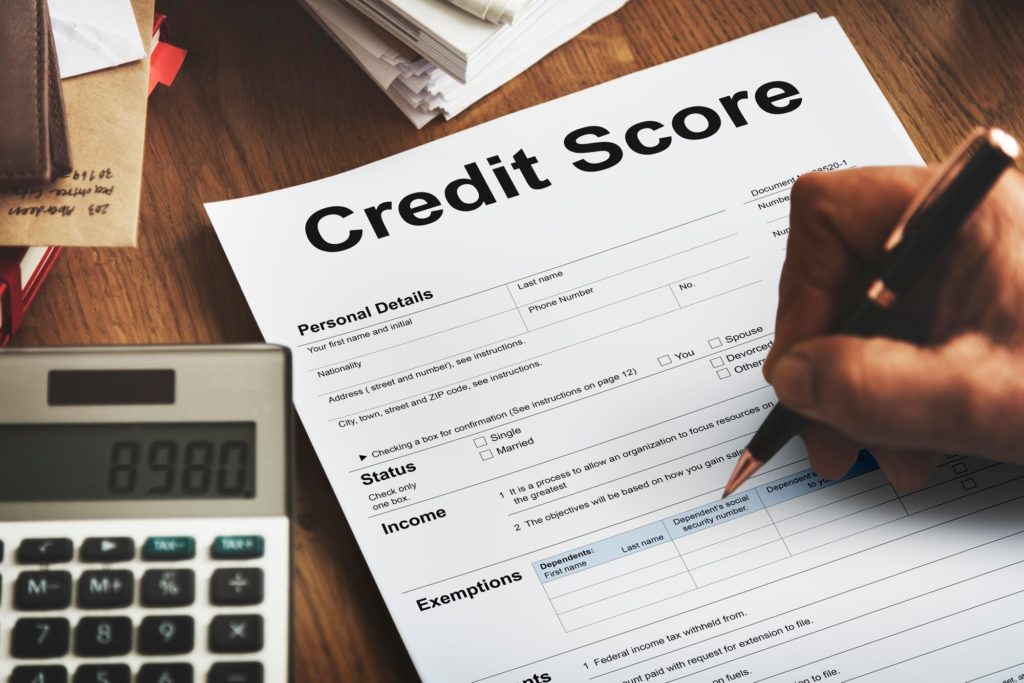Bankruptcy and credit scores go hand in hand. Bankruptcy can offer relief from overwhelming debt, but it also may adversely impact your credit score and reports. Initially, bankruptcy can significantly lower your credit score. However, its impact lessens over time, especially if you adopt good credit habits.
When clients ask me about bankruptcy and credit scores, I usually respond: “What is your credit like now?” That frequently ends the discussion, as the client usually admits that their credit is already poor due to many missed payments. In addition, credit bureaus and lenders are constantly changing their criteria for extending credit. Predicting the precise impact a bankruptcy may have on your ability to get future credit is almost impossible. Remember to keep your priorities in perspective. Filing bankruptcy so you can put food on the table and buy school clothes for your kids is more important than worrying about whether you might get a mortgage maybe within the next two years with a reasonable interest rate.
How Long Does Bankruptcy Stay on a Credit Report?
Chapter 7 bankruptcy, which involves liquidation of assets, remains on your credit report for 10 years from the filing date. Chapter 13 bankruptcy, involving a repayment plan over the course of three to five years, stays on your credit report for 7 years from the filing date.
Rebuilding Credit Post-Bankruptcy
You can start rebuilding your credit immediately after you file your case. Rebuilding your credit report after bankruptcy can be challenging, yet it’s crucial for regaining financial stability. Some effective strategies to help you improve your credit report include:
- Analyze and Monitor Your Credit Report. Start by regularly reviewing your credit report for inaccuracies and tracking your progress. You can get free copies of your credit reports at https://www.annualcreditreport.com/index.action.
- Establish a Solid Budget. Creating and sticking to a budget is foundational in managing your finances effectively post-bankruptcy.
- Obtain a Secured Credit Card. A secured credit card, backed by a deposit you make when you open the card, is an excellent way to start building a positive credit history. The deposit, which is usually at least $200, reduces the risk to the credit card issuer: If you don’t pay your bill, the issuer can take the money from your deposit. That’s why these cards are available to people with poor credit. Use the card responsibly, and you can improve your credit enough to qualify for an unsecured card — one that doesn’t require a deposit.
- Consider a Credit-Builder Loan. Credit-builder loans, designed to help people build credit, can be a valuable tool in your credit restoration arsenal. In fact, credit-builder loans go by many names, such as “Fresh Start Loans” or “Starting Over Loans.” They’re not widely advertised and are generally offered by smaller financial institutions, such as credit unions and community banks.
- Always Pay on Time. Punctual payments are crucial. Consistently paying your bills on time significantly boosts your credit score.
- Get credit for timely paying bills like your cell phone, utilities, rent and insurance. Some credit bureaus allow you to link your bank account, and the credit bureau detects your timely monthly payments of certain household expenses. As such, this helps improve your score. For example, Experian Boost is a free service that allows Experian to detect your timely payments of certain expenses like certain streaming services, cell phone companies, and your local utility provider.
- Keep Credit Utilization Low. Aim to use only a small portion of your available credit. High credit utilization can negatively impact your credit score.
- Diversify Your Credit Mix. If possible, diversify the types of credit you use, which can positively influence your credit score.
- Be Patient and Persistent. Improving your credit score is a marathon, not a sprint. Stay consistent with your efforts.
Conclusion
Bankruptcy stays on your credit report for a period, but it doesn’t mean the end of your financial health. With careful planning and responsible financial behavior, you can rebuild your credit over time.

